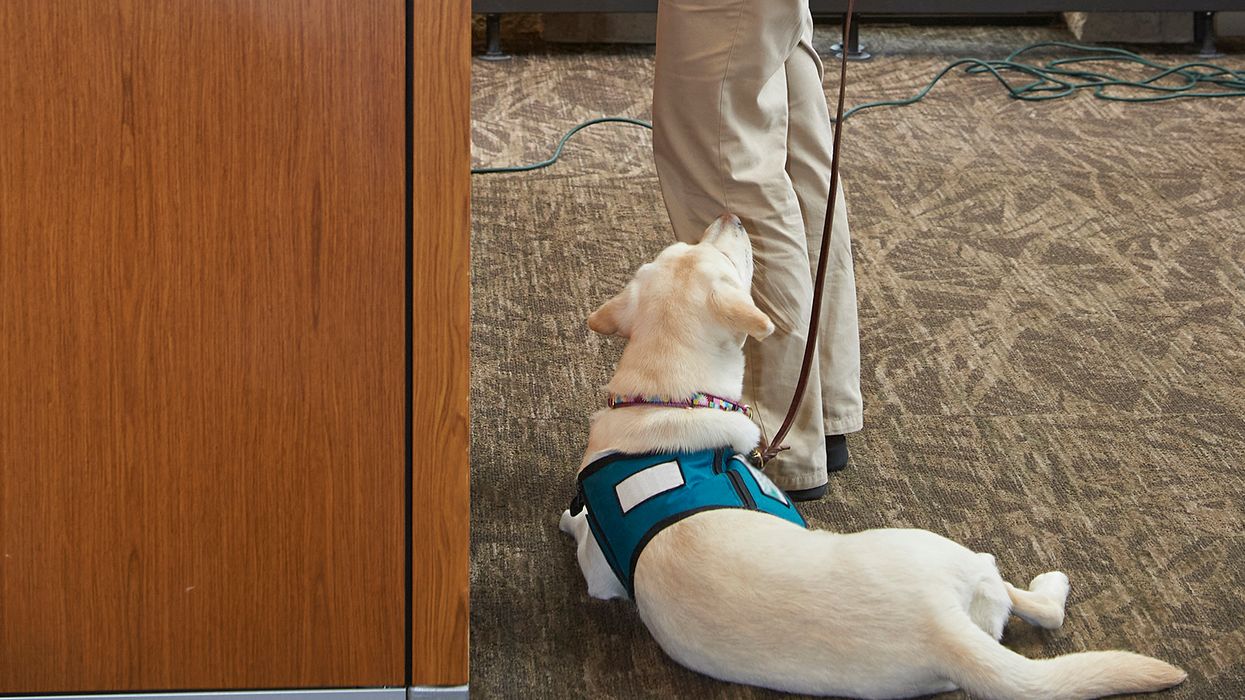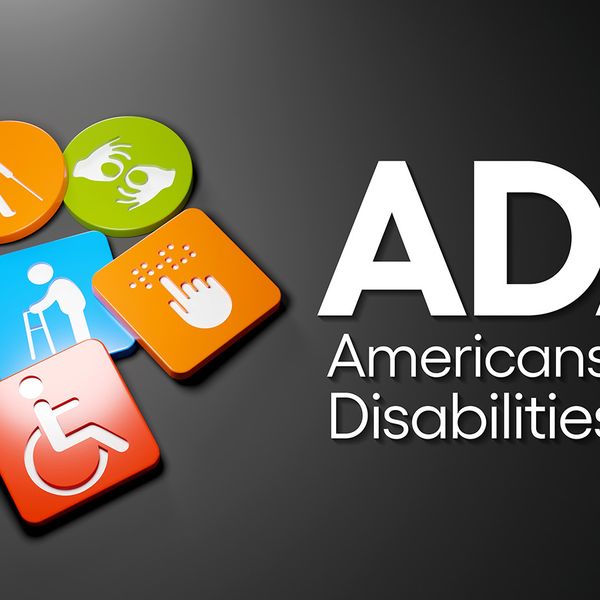Don’t delay ADA accommodations
When an employee asks for a workplace change because of a medical condition, the employer’s obligations to find a possible solution are triggered, and they must act promptly.
Since employees usually ask their supervisors for such changes, supervisors must be able to recognize these as requests for reasonable accommodations under the federal Americans with Disabilities Act (ADA).
During an interactive process with the employee, employers may ask for documentation about the need for an accommodation.
But what happens if an employer asks for reasonable documentation, then asks for more, and then more? This could delay the accommodation by months, hindering the employee from being able to do the job and putting the employer at risk of violating the ADA.
The next thing the employer knows, it’s in court defending its actions. Recently, this happened to an employer.
Service dog request
Alisha worked for a school district. Her military service left her with some disabilities, for which she had a service dog. On August 30, 2022, Alisha asked her employer to allow her service dog, Inde, to accompany her to work.
After meeting on September 16, the employer asked Alisha for additional information to determine what specific job functions were impacted by her disabilities and whether there were alternative accommodations. Alisha provided a letter signed by her Veterans Affairs (VA) treating provider, who confirmed that Inde was key to Alisha’s mental and physical health recovery.
The employer, however, said the letter wasn’t sufficient because the provider wasn’t a board-certified medical doctor. Alisha thus provided a letter from her treating psychiatrist, which again confirmed that Alisha needed Inde at work.
On November 11, the employer asked Alisha to undergo an independent medical exam, and she did. After that, the employer still balked, arguing whether a service dog was the only accommodation. Alisha then provided three letters, including correspondence from two other physicians, confirming limitations, and urging that the employer approve the request.
On January 6, a frustrated Alisha filed a claim that the employer failed to accommodate her disability.
Four days later, on January 10, Alisha underwent a VA-led examination that assessed her physical disabilities. Two doctors separately confirmed that Alisha needed Inde in all settings, including the workplace.
The employer said that the documents didn’t provide any information regarding potential alternative accommodations.
On February 1, Alisha filed a lawsuit against her employer. On February 17, the employer granted her accommodation request, but it was too late.
Delay was a failure to accommodate
The court agreed with Alisha that the employer’s six-month delay in granting her accommodation constituted a failure to accommodate her disability. It indicated that employer ADA obligations, including the interactive process, are triggered when an employee asks for an accommodation.
Employers that drag their feet could force employees to work under suboptimal conditions to endure an endless interactive process. They could simply document an employee’s failures and use the employee’s difficulties as an excuse to terminate them.
Don’t drag out the interactive process
Disability laws and applicable case laws don’t require employers to move with maximum speed to complete this process and preempt any possible concerns. But employers that delay in providing reasonable accommodation may show a lack of good faith in the interactive process.
The employer’s insistence that Alisha repeatedly give it information that confirmed her disabilities and need for accommodation could be seen as unreasonable.
Strife v. Aldine Independent School District, Fifth Circuit Court of Appeals, No. 24-20269, May 16, 2025.
Key to remember: While employers don’t have to go through the ADA’s interactive process at light speed, if they drag their feet, they can risk a violation and court case.




















































